With fewer than 60 days to go before the 2018 Olympic and Paralympic Winter Games begin in South Korea, the world is watching as athletes prepare for a chance to represent their country.
But who gets a chance to compete? And better yet, who should get a chance?
That’s one of the questions driving “Identify,” a new series produced by the Olympic Channel that highlights the inspiring stories of five transgender athletes looking to achieve their dreams and break down barriers.
“Identify” will roll out online as a short-form, five-episode docu-series produced in partnership with Vice. The series is part of more than 7,000 pieces of short- and long-form content produced by the Olympic Channel to showcase the Olympic ideal of overcoming challenges and covers topics including training, sustainability, sports science and nutrition, and historical footage.
GOOD spoke with Greg Groggel, director of original programming at the Olympic Channel, to find out how the “Identify” series could spark a revolution far beyond sports.
How did the "Identify" series originate?
One of our main tasks at the channel is to make the Olympic movement relevant 365 days a year. As the Olympics have clear, universal values — friendship, respect, and excellence — one way we try to establish that relevance is to bring the rings, and these values, into the leading social issues and conversations of the day.
Telling the story of transgender athletes was in my sights from day one. I’d seen individual profiles in other media outlets, but never a collective picture of what it means to be a transgender athlete today. Given our values, I knew that it was a story we could tell. And when I made the case internally, everyone was on board and extremely supportive.
However, we couldn’t have made the series without our collaboration with Vice. We needed a production team that could tell these stories with authenticity and respect, and once we gave them that initial brief, they jumped at the opportunity and never looked back.
How did you choose the athletes to focus the stories on?
We set out to feature athletes from a variety of sports, backgrounds, and countries. The most important thing was that they were current athletes and not retired. It takes an incredible amount of courage to take this step and continue to compete. [Harvard swimmer] Schuyler [Bailar], for instance, went from being one of the best female swimmers in the country to having to fight for a spot on his men’s team.
The really interesting thing was that we struggled to find more examples of transgender athletes around the world. Almost all the athletes we found were from North America. When I mentioned this to triathlete Chris Mosier, he said it was likely because transgender people have even fewer rights in other countries, so being able to continue in sports is a luxury they don’t always enjoy. Hopefully, that will change.
What has the response been from athletes and the general audience?
We’ve been blown away by the reception. In terms of pure viewership, it’s been one of our most successful series. It may seem like a potential niche audience, but it’s just so underserved by the sports world at large.
Also, a key part of each story is the support team behind the athlete — whether it’s parents, teammates, or coaches — so everyone can relate to those relationships. These transgender athletes just love sports and at the same time want to be true to themselves. That’s universal.
When we had the premiere event in New York, all five athletes jumped at the chance to attend. Almost all had already known each other through email and social media, but they had never met in person. It was incredible hearing how they had inspired each other from afar, and I think they realized that this was a collective opportunity to connect and inspire the next generation.
A few months after the launch, [Schuyler Bailar’s father] reached out to say thanks. Schuyler has had his share of publicity, appearing on “Ellen” and “60 Minutes,” but his father said that this piece generated far more action in response: more comments, more social traction, more public speaking requests, and more messages from other young people trying to find their own path.
Here’s one of those notes that Schuyler received:
“Hey man, I know I don’t know you personally but I just wanted to say I used your video/story to show my mom for my coming out and it really helped a lot. Even if you feel you aren’t helping anyone just know that you are.”
The response has been humbling, and I know that I personally have learned so much from these athletes. More importantly, I think it shows the power of a global brand like the Olympics getting behind a cause. People take notice.
Will there be another series like it in the future?
Absolutely. We want to tell inspiring original stories regardless of the subject. If they touch on our values, and their impact crosses borders and boundaries, then it’s an Olympic story — no matter if it takes place during the Games or not.









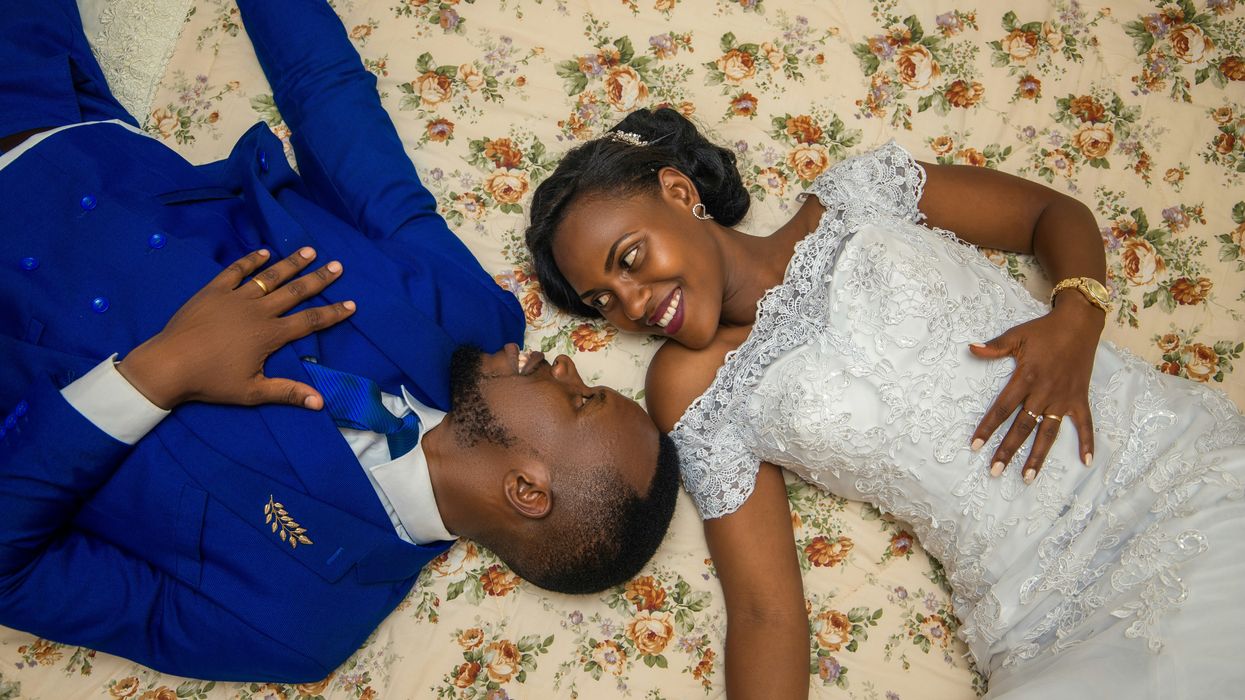
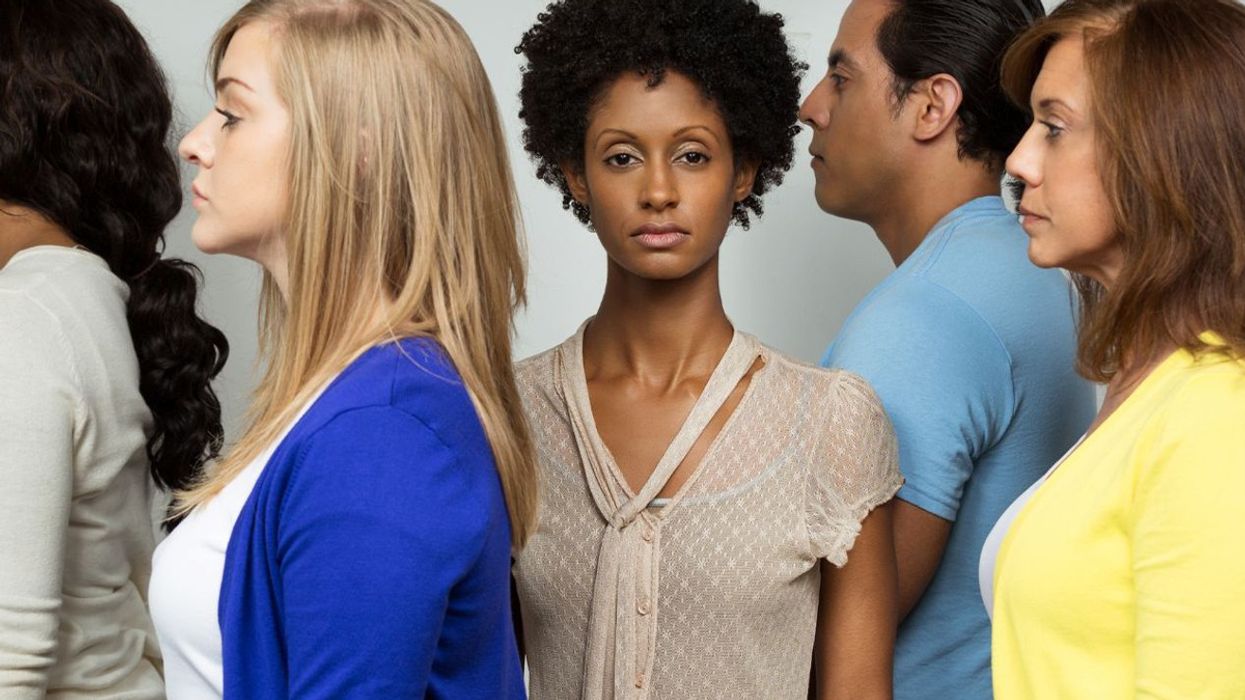




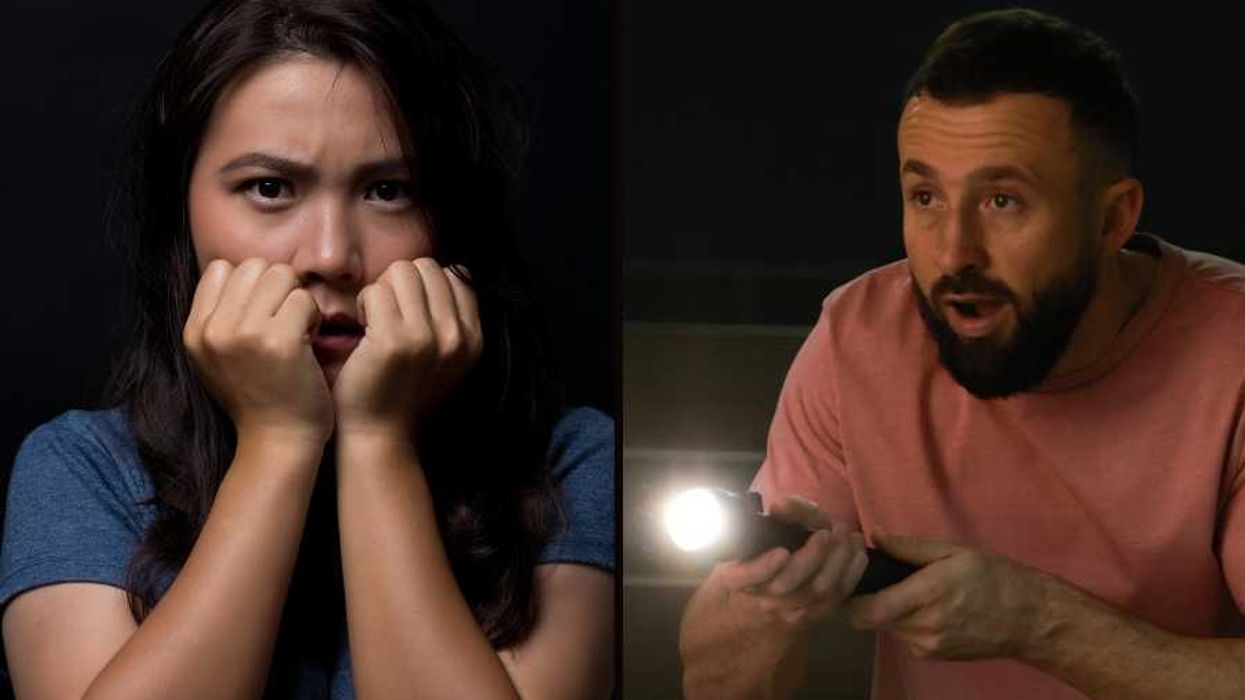


 Woman drinking in the morning air.Photo credit
Woman drinking in the morning air.Photo credit 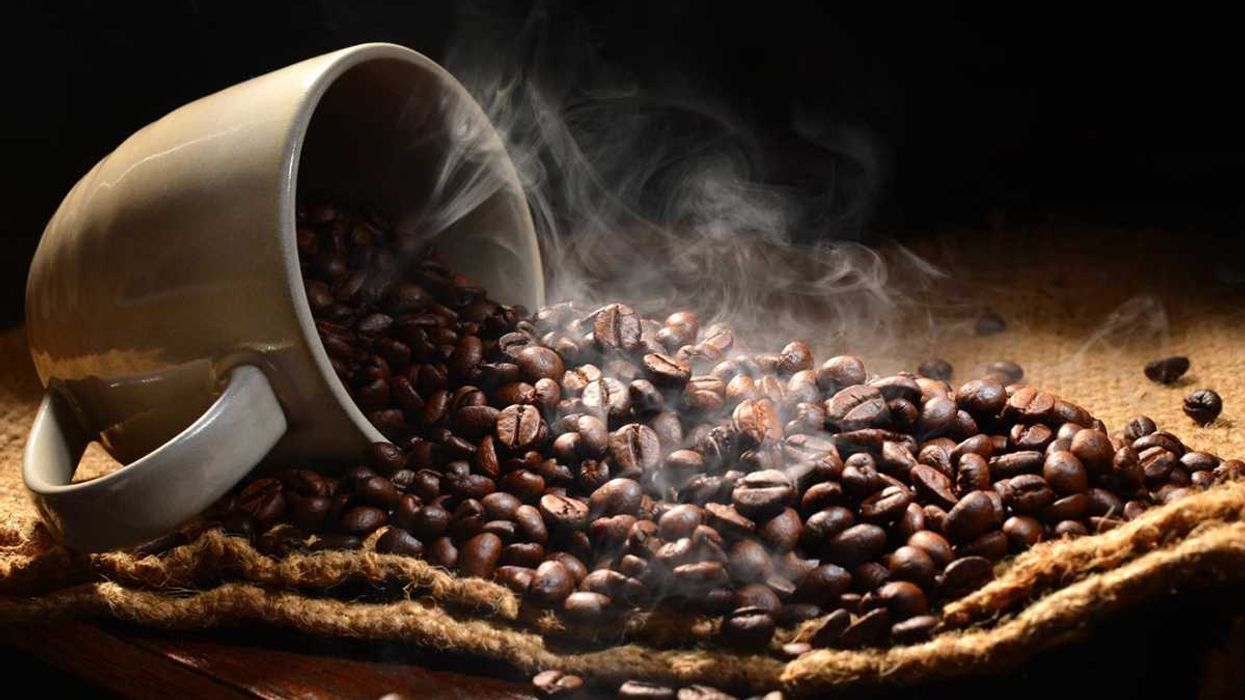 Coffee.Photo credit
Coffee.Photo credit 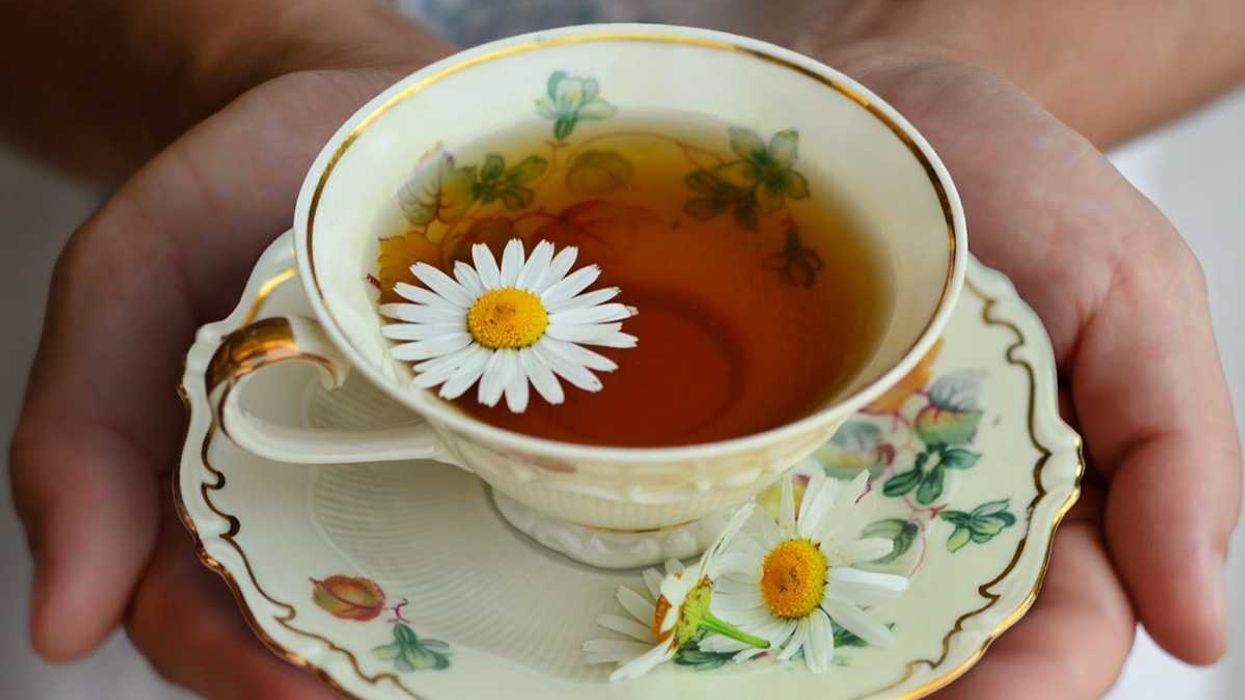 A cup of tea.Photo credit
A cup of tea.Photo credit  Woman drinks morning brew.Photo credit
Woman drinks morning brew.Photo credit 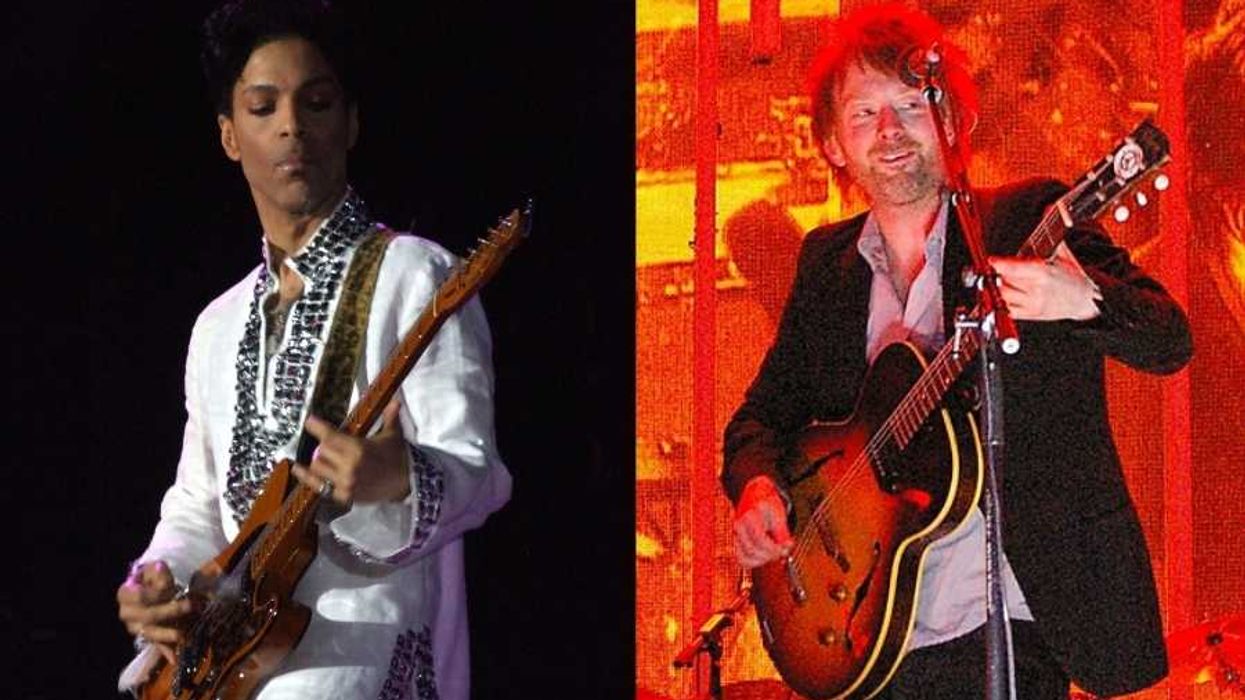

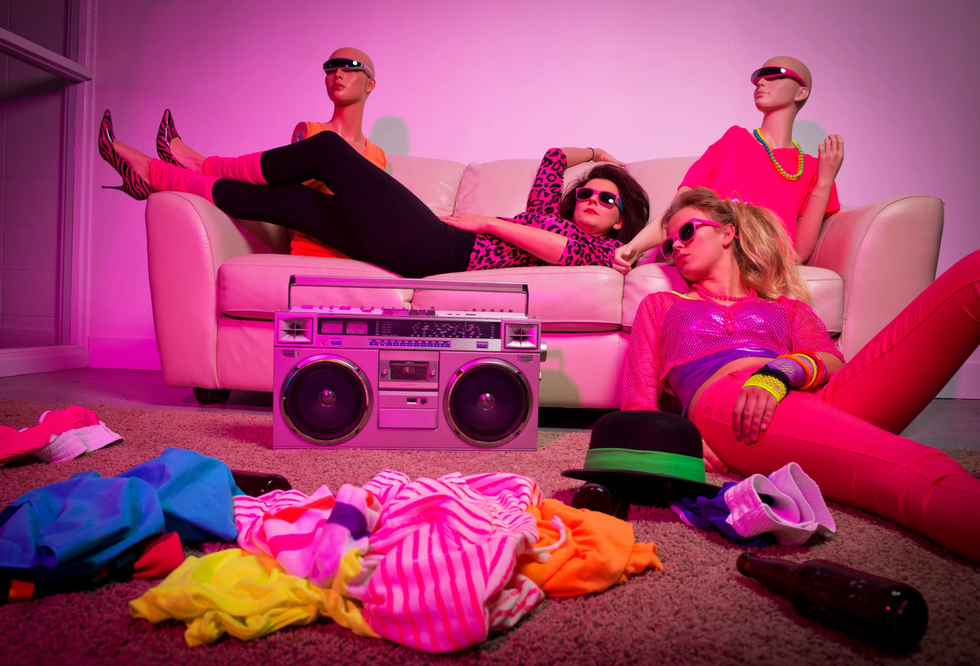 Two young women hang out in a 1980s-themed roomCanva
Two young women hang out in a 1980s-themed roomCanva 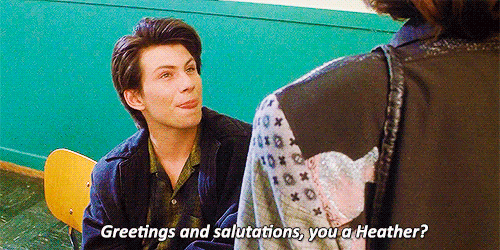 Gif from the movie "Heathers" via
Gif from the movie "Heathers" via 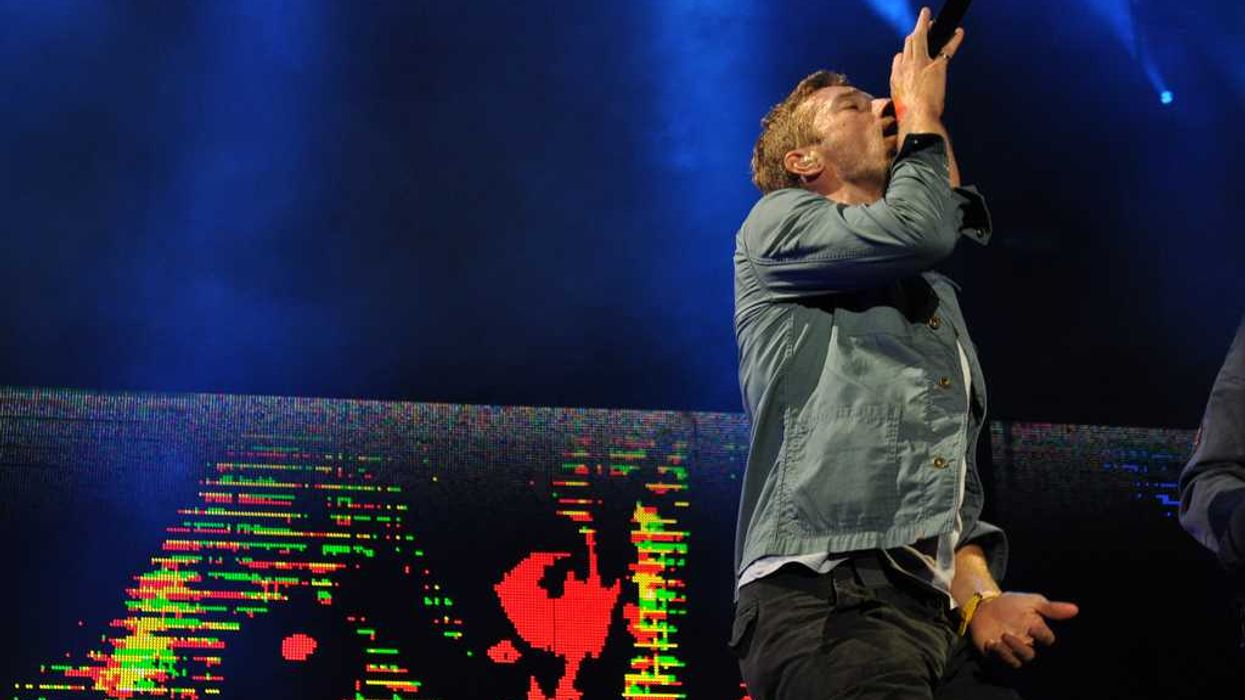
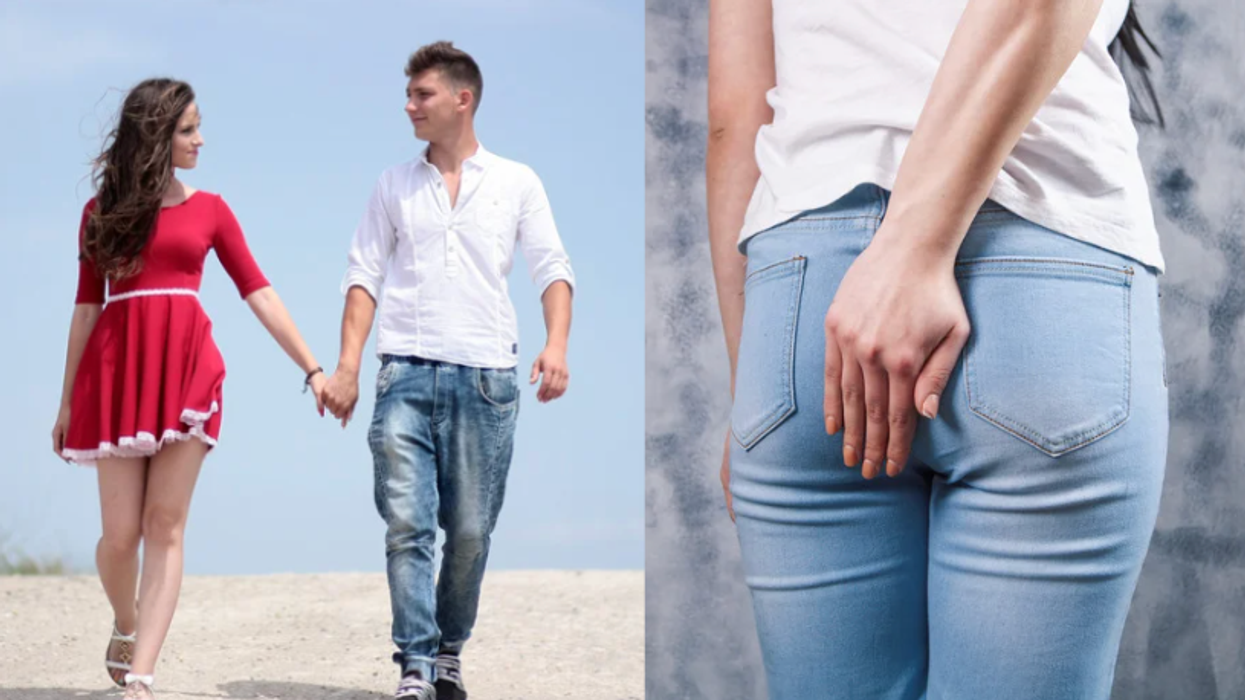
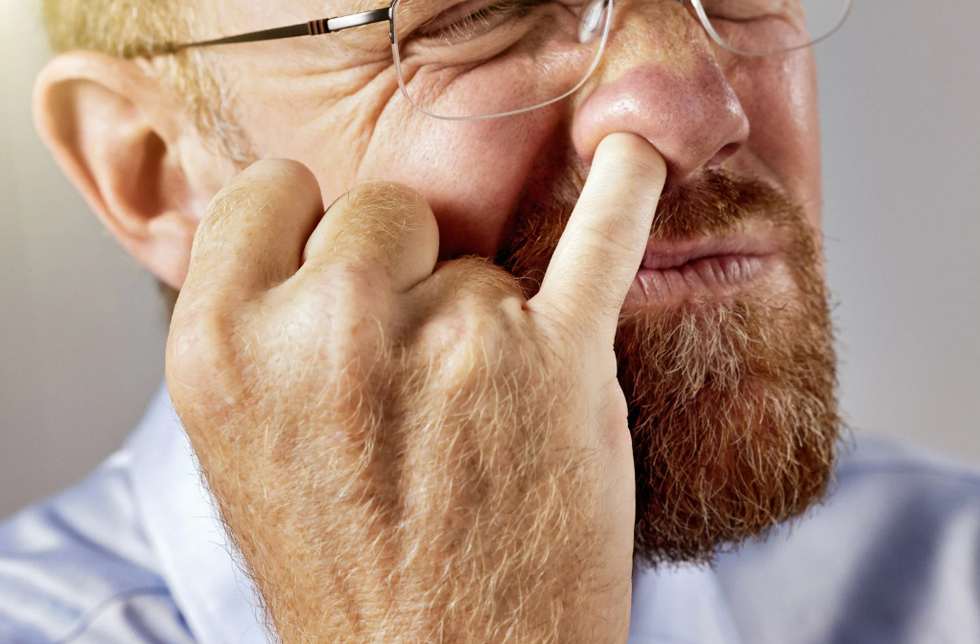 Pictured: A healthy practice?
Pictured: A healthy practice?